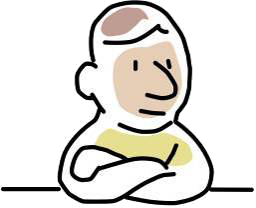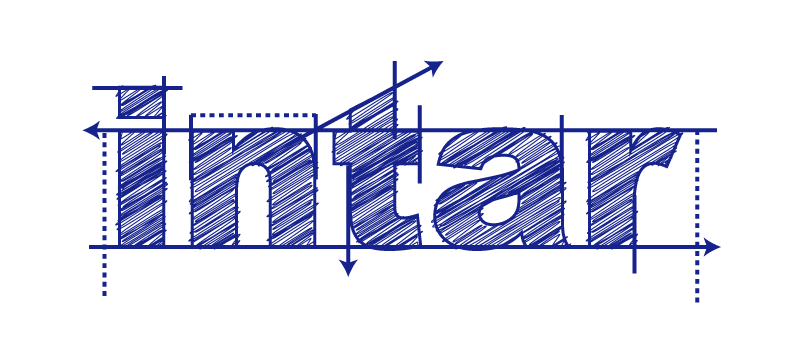Units of competency

A unit of competency, also called competency standard, is a statement of the skills and knowledge required to carry out a particular activity properly. Most jobs are made up of a range of competencies, which often overlap or complement each other.
Generally speaking, regardless of the Training Package they come from, all competencies follow the same basic format. However, you will find some differences in the section headings and details shown in competencies that have been written at different times. Nonetheless, as competencies are developed or older ones are updated in accordance with the current 'streamlined design model', they will be brought into line with the new standardised structure and language used.

The full on-line database of national competencies is available on the Training.gov.au website.
This website is often referred to as 'TGA'. It also contains databases of current Training Package, support materials, RTOs, accredited courses, and other information relating to the VET sector. We will talk more about these documents and sources of information below under their own sub-headings.

Go to the Training.gov.au website and look up a unit of competency relating to a task you are familiar with.
Refer to the following parts of the competency and answer these questions:
Application:
Who does the unit apply to, and what sector of the industry would these people work in?
Elements and performance criteria:
If you were training a person in the skills needed to satisfy this competency, what sort of training facilities and/or work environment would you need to have access to?
Range of conditions:
What tools, equipment and materials will you need to have on hand?
Performance evidence:
List the specific tasks you would need to see the candidate demonstrate in order to prove their competency in this unit. Note that there is no need to list generic or peripheral skills, just go straight to the focal point of the unit.
Knowledge evidence:
What theoretical concepts would you need to teach the person if they didn't already have that background knowledge?

